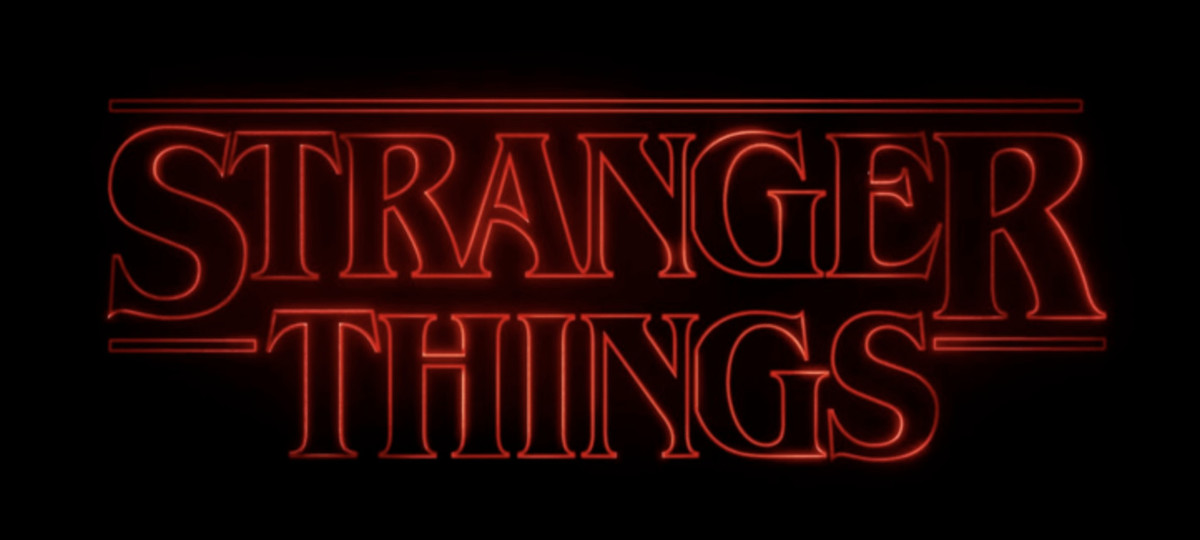
In October 2017, RadioTimes opened an article about the first season this way: "By rights, Stranger Things should have failed. The show's creators — the Duffer brothers, Matt and Ross — had no track record in TV beyond writing a handful of episodes of Fox sci-fi series Wayward Pines. The cast was unknown, with the exception of Winona Ryder. It was set in a fictional town in Indiana in 1983. Its monster-from-the-other-side-hunting-young-teens plot mimicked unfashionable 80s horror movie tropes, and it starred a bunch of kids.
"And yet it's Netflix's biggest hit to date."
Fast-forward nearly two years, and the second and third seasons successively broke records for Netflix.
There's what America wants and what Hollywood thinks America wants (or should want). Actually, we see this dichotomy a lot lately — most notably on Twitter and every other medium where politics comes up. Admittedly, we tend to not be shocked when Hollywood gets politics wrong (predictors of the 2016 presidential election, anyone?). But so many people living in La-La Land just don't "get" the rest of the country, and in truth, that same insulation and cluelessness are behind the astonishment at the show's widespread appeal.
I just spent the last two weeks binge-watching all three seasons of the show, and I loved it. Here are just a few of the things I think the Duffer Brothers got right:
1. The characters are interesting and multifaceted.
In real life, people are not one-dimensional caricatures, always kind or always nasty, or otherwise extreme; they are complicated. The characters in "Stranger Things" are written with similar depth, and we can identify with them. Winona Ryder's single mom Joyce Byers may be struggling financially, but she is not a drug addict, a prostitute or physically or verbally abusive to her children. She dates a kind and thoughtful man who works at Radio Shack (Bob Newby, played perfectly by Sean Astin), and she doesn't dump him just because her kids think his musical taste is hopelessly uncool. Police Chief Jim Hopper (David Harbour, now headed for megastar status in the Marvel Universe) is gruff and ill-tempered, and he occasionally drinks too much, but he is also honorable, self-deprecating and soft-hearted. The popular high school jock, Steve Harrington (Joe Keery), starts out as a stereotypical pompous jerk but develops into one of the show's funniest and most interesting characters. (Steve spends a disproportionate amount of his time with the younger characters, to amusing effect.)
2. The kids are kids.
This has to be the biggest departure, given some of Hollywood's more recent fare. The child actors — who are the stars of the show — look and act like real grade school, middle school and high school kids, not the glossy, bossy derelicts that Hollywood loves to pitch (think "Euphoria" by comparison). The actors are approximately the same age as their fictitious counterparts. They are all adorable but look like regular people, not supermodels. The characters' bodies aren't perfect, and their clothes aren't cool. They love and need their parents, even while seeing their flaws. They respect most of the adults they interact with. They unintentionally hurt one another's feelings. In short, they're like most kids we know — and were, at one point. And although there is plenty of physical attraction, some sex and even a private "coming out" conversation, these scenes are done in a tasteful and age-appropriate fashion. The show does not sexualize the kids for ratings.
3. The adults are adults — and they're still interesting.
Unlike so many shows featuring teen and tween stars, the humor in "Stranger Things" (and there is plenty of it) does not turn on the boring and false Hollywood stereotype of loud and bratty kids loosely supervised (if at all) by a handful of stupid, bumbling, clueless adults.
In "Stranger Things," the adult characters themselves, their interactions with one another and the kids, and the storylines involving them are complicated, interesting, funny and emotional.
4. The creators don't take themselves too seriously.
The RadioTimes article quoted above opined that the horror and sci-fi movie tropes "Stranger Things" utilizes seemed like bad bets for success. But Matt and Ross Duffer incorporated those references tongue-in-cheek, with obvious humor; watchers looked for 1980s Easter eggs, including film and music references.
Similarly — thank G od — they did not try to lecture us about their views on politics (then or now). Yes, one family had a "Reagan/Bush '84" sign in their yard, while another family's yard sported a "Mondale/Ferraro" sign. But that was it. I'd give the Duffer Brothers an Emmy award for that alone, just out of gratitude.
5. The show has broad appeal.
Those of us who grew up in the 1980s can appreciate the many authentic references to American culture at the time. And as I noted above, the over-40 crowd won't be driven crazy by screaming tweens or vapid adult characters. Kids love the fact that tweens and teens their age are stars of the show. Nerds, sci-fi nuts and Dungeons & Dragons enthusiasts are bound to enjoy the fantasy plotlines. There is violence and some gore (in season 3), but it isn't beyond what would generate a PG-13 rating in the theater.
In short, the Duffer Brothers have managed to create an incredibly successful show by featuring the things Americans love about America. They've done it with realism, humor and genuine compassion, and without making it a jingoistic paean to an idealized time that never existed.
Here's hoping for season 4.
Every weekday JewishWorldReview.com publishes what many in the media and Washington consider "must-reading". Sign up for the daily JWR update. It's free. Just click here.
(COMMENT, BELOW)
Laura Hirschfeld Hollis is on the faculty at the University of Notre Dame, where she teaches courses in business law and entrepreneurship. She has received numerous awards for her teaching, research, community service and contributions to entrepreneurship education.


 Contact The Editor
Contact The Editor
 Articles By This Author
Articles By This Author